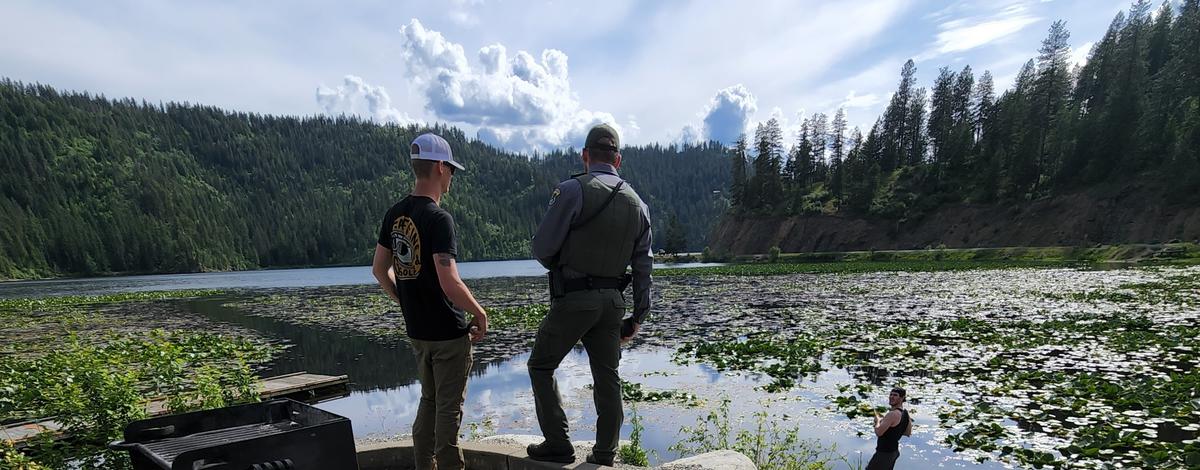A recent survey of Idaho sportsmen and women found that nearly 80% of participants who had observed or knew about a wildlife crime opted to report the offense to a conservation officer or other law enforcement. It’s great to see that the bulk of Idaho citizens recognize the importance of assisting conservation officers by reporting wildlife crimes!
However, of those that elected not to report violations they observed, the main reason for not reporting was because they felt the violation was not significant enough to report—they didn’t think the violation was “that big of a deal”.
While it’s true that at face value some wildlife crimes may be more serious or egregious than others, it’s extremely important that even seemingly minor violations are reported to conservation officers.
Why is it so important, you may be asking? Below, are three reasons to keep in mind next time you observe a wildlife crime that appears to be “not that big of a deal”.
Educational opportunities
Sometimes minor wildlife crimes occur by accident, without bad intention or from a misunderstanding of regulations. Ultimately, the goal of every conservation officer is to educate and assist hunters, anglers and trappers in their compliance with laws and regulations.
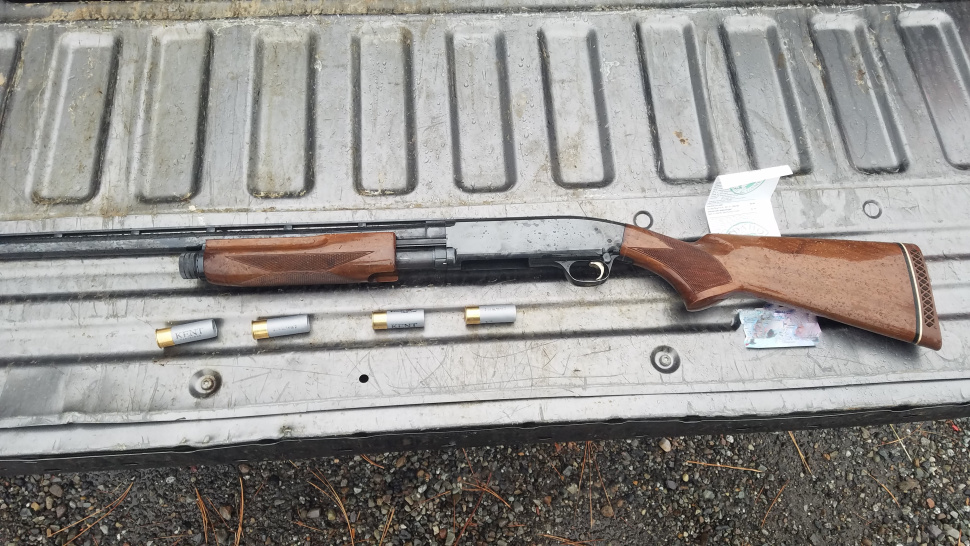
If you observe and report a minor offense, it may be a valuable opportunity for conservation officers to connect with and educate the offending individual. Engagement with conservation officers often provides a valuable and memorable educational opportunity that hopefully reduces the likelihood of future violations.
Small crimes can lead to big ones
When conservation officers investigate wildlife crimes, cases often evolve and expand beyond what was originally known or reported—referred to as the snowball effect.
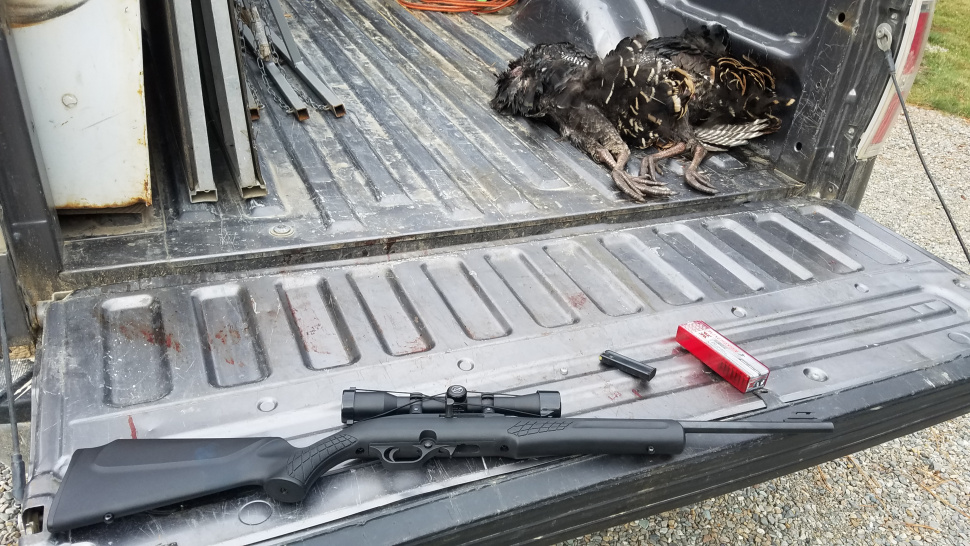
There are many times when seemingly minor violations may be related to more serious or complex wildlife crimes. For example, if you observe an individual shoot at a big game animal from the edge of a roadway, the violation you observed (shooting from a roadway) may be related to other unknown and more serious wildlife crimes, such as over-limiting or hunting without a tag.
By reporting every wildlife violation you observe, officers can do their jobs, investigate each fully and sometimes uncover previously unknown and egregious wildlife crimes.
Relationship building
When reporting a wildlife crime, you’ll often be connected with a local conservation officer for the area. Reporting observed violations, even minor ones, provides you with an opportunity to get to know the local conservation officer, which can be helpful for a number of reasons.
Building a relationship with your local conservation officer is valuable when you have questions of your own or need information about the local fishing hole. Plus, the next time you observe a more egregious wildlife crime, you’ll be prepared and already have a relationship with the officer—increasing the likelihood that violators are held accountable.
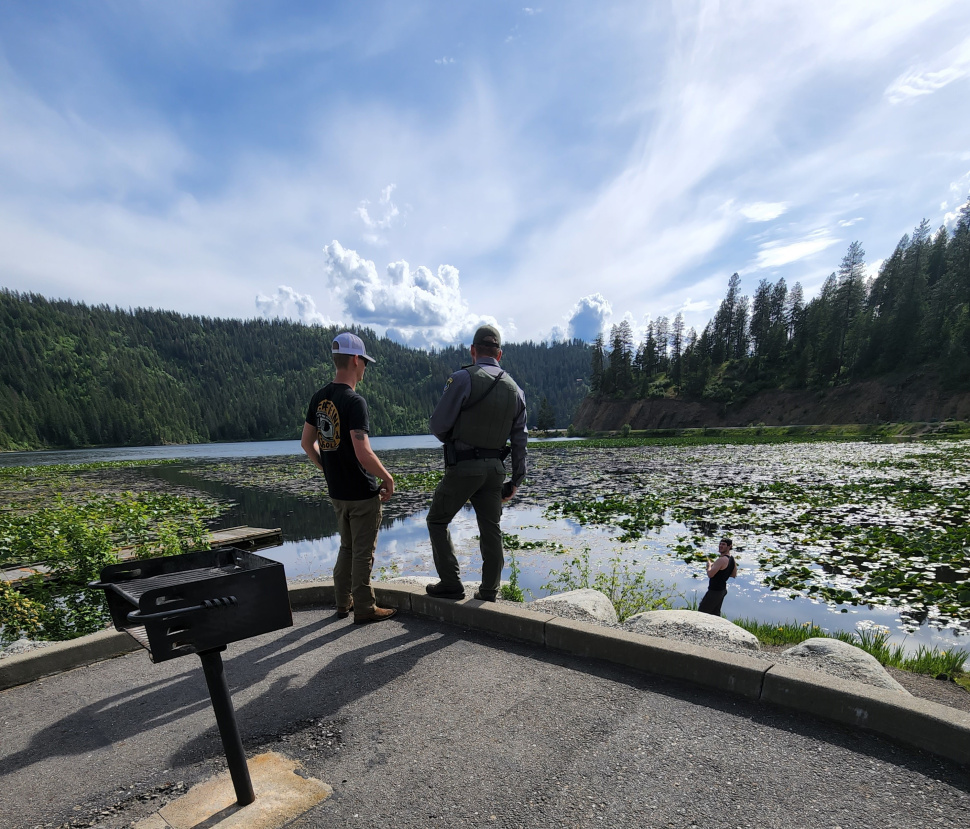
The next time you observe or know about a wildlife crime, even one that you think is minor or “not that big of a deal”, please consider reporting the violation to our Citizens Against Poaching at hotline.
The CAP hotline is staffed and available twenty-four hours a day, seven days a week.
Reports of wildlife crimes can be made anonymously at 1-800-632-5999 or online.
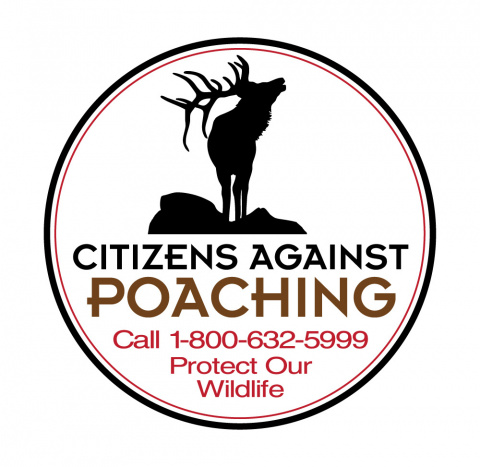
Please contact your local Fish and Game Regional Office with any questions.

